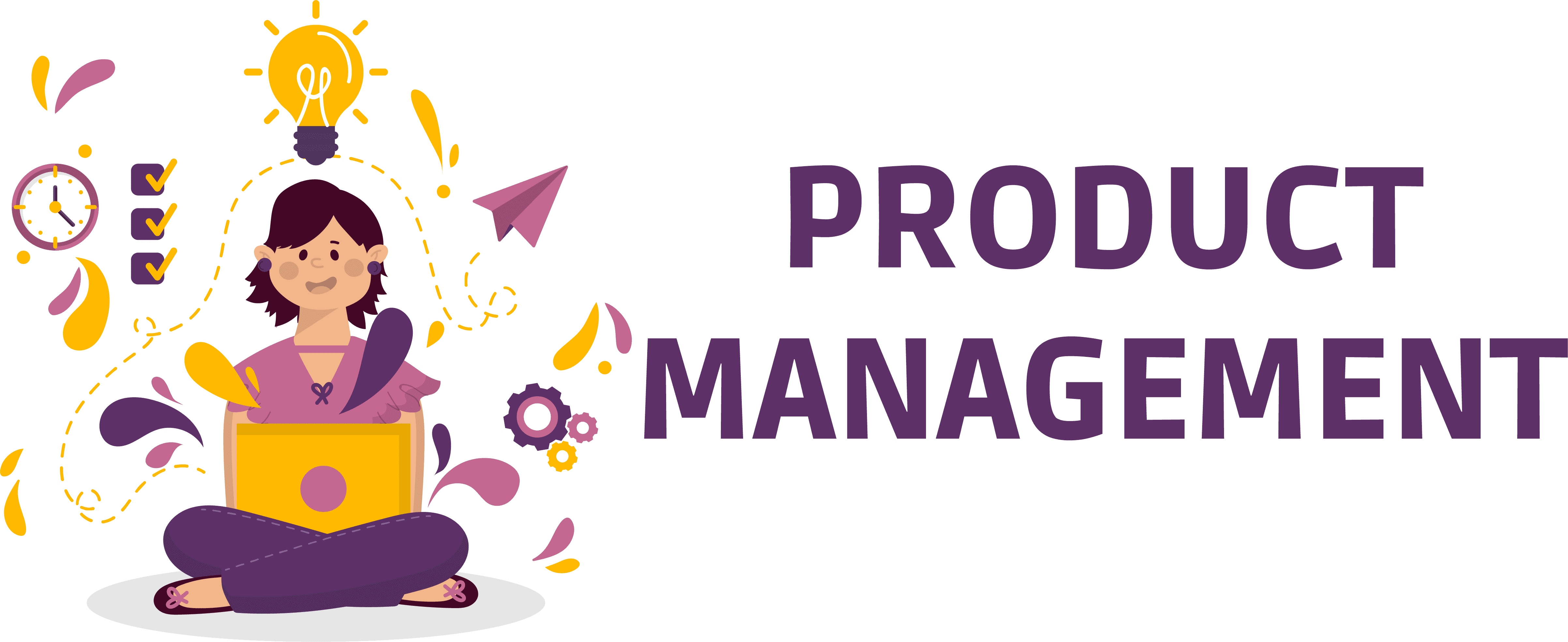
QnA
What is product management?
Anindita Dutta: PM is about understanding business needs, figuring out business goals and finally delivering the product you think your customers will need. It deals end to end with the product right from its inception to its release.
Read about Anindita Dutta's journey here
How can one explore this sector?
Khasimul Asif Mohammad: The earlier you begin, the better it is. Start understanding a product from a practical standpoint. Go through the reviews of the product. What problems do you think a customer faces with that product? Which products do you think can be transpired into opportunities? 1. Do beginners’ courses on Udemy. 2. Do mock product teardowns with a group of friends. 3. Try securing an internship with a startup product management company, because you’ll be driving things end to end here. Commonly explored routes are: 1. Product Marketing 2. From Tech 3. From Customer Success
Read about Khasimul Asif Mohammad's journey here
Who is a product manager?
Anindita Dutta: The ownership of a customer’s problem lies with a product manager, right from deciding what problems are worth solving to defining the entire user experience. As a product manager, you deal with several stakeholders: a developer, designer, salesperson-all this while not requiring to have specialized knowledge about these fields. You’re supposed to quote the existence of a product, but on the same hand, it’s not under the purview of a PM to code it, or to work on the UI/UX, or to market it. You aren’t supposed to manage this stuff, but instead, help in managing this stuff.
Read about Anindita Dutta's journey here
How can students build their profiles for roles in this field?
Khasimul Asif Mohammad: 1. Communication: You’ll have to interact with a plethora of stakeholders, right from engineers, to the marketing team to customers. 2. Thorough understanding of the market and customer. 3. Prioritize the problems faced by a customer. 4. Observation: Observe your customer and understand their needs. 5. Empathize with the customer. After all, it’s about enhancing user experience. 6. Be obsessed with the product you’re creating. If it’s an app, open it hundreds of times in a day, think about each minute thing that could potentially create friction for the user. 7. Capability to crystallize things from abstract to specific objects. 8. Marketing skills 9. Big Picture Thinking: need to envision growth of the product and communicate it to the stakeholders.
Read about Khasimul Asif Mohammad's journey here
What do recruiters look in while recruiting product managers from an engineering background?
Khasimul Asif Mohammad: 1. Extracurricular Activities. 2. Mental Aptitude Test. 3. Communication Skills. 4. Stakeholder Management. 5.Empathising with customers. 6. You should know how to drive the interview from your standpoint. Not a Criteria: 1. CGPA 2. Knowledge of coding languages
Read about Khasimul Asif Mohammad's journey here
How does a product evolve in the life of a product manager?
Anindita Dutta: The end goal is coming up with a better product. In actuality, a lot of aspects of the product can be worked upon. You begin with a priority-wise sorted list of features that can be added to the product. As you juggle between several stakeholders, this order will change, and you finally result in a list that is acceptable to all, right from the tech team to the designers. Epics are used to organize tasks and create hierarchy in the development process. An epic is a large chunk of work that is segmented into smaller tasks, called user stories. An epic often spans across multiple sprints, teams, and even across multiple projects. Product people need to break down epics into stories before they can start creating functionality from them. User stories within an epic share the same strategic goal and high-level requirements of what the customer wants.
Read about Anindita Dutta's journey here
Is an MBA necessary to advance in this field?
Anindita Dutta: Not right after undergraduate. MBA courses... read more
Anindita Dutta: Not right after undergraduate. MBA courses aren’t something you’re gonna sit and learn. Most of them revolve around experiences-sharing your experience and learning from others’. And that’s how you’re gonna bond. If you come right after undergrad, you’d have nothing to anchor on. Yeah, at times, studying after a long time hits you slightly hard. But you need to realize that doing an MBA from an IIM isn’t the end of it. You need to keep reinventing yourself. It’s okay to go to school again. There’s always going to be some inertia, but learning is a part of the journey.
Read about Anindita Dutta's journey here.
Khasimul Asif Mohammad: For product management, an... read more
Khasimul Asif Mohammad: For product management, an MBA is necessary only when you don’t have the experience. If you’re getting into PM right after your B. Tech, your work experience would soon speak for you and you won't have to do an MBA to get promoted to senior positions. But if you’re the type of candidate who wishes to switch from XYZ to PM, an MBA might be necessary.
Read about Khasimul Asif Mohammad's journey here.
Could you comment on the growth opportunities?
Anindita Dutta: After 4-5 years of work experience, PM becomes narrow in terms of growth. The hierarchy in PM is short, so you end up spending a lot of years at a single post. To be able to jump over these, you might need a proper degree. Studying in a global school would expose you to how revenue works in different countries, different user experiences and so on.
Read about Anindita Dutta's journey here
What are the exit options available if someone wants to withdraw from this field?
Khasimul Asif Mohammad: 1. Consulting 2. Marketing: However, this requires some experience (cross-functional assignments) 3. Strategy 4. General Manager
Read about Khasimul Asif Mohammad's journey here
